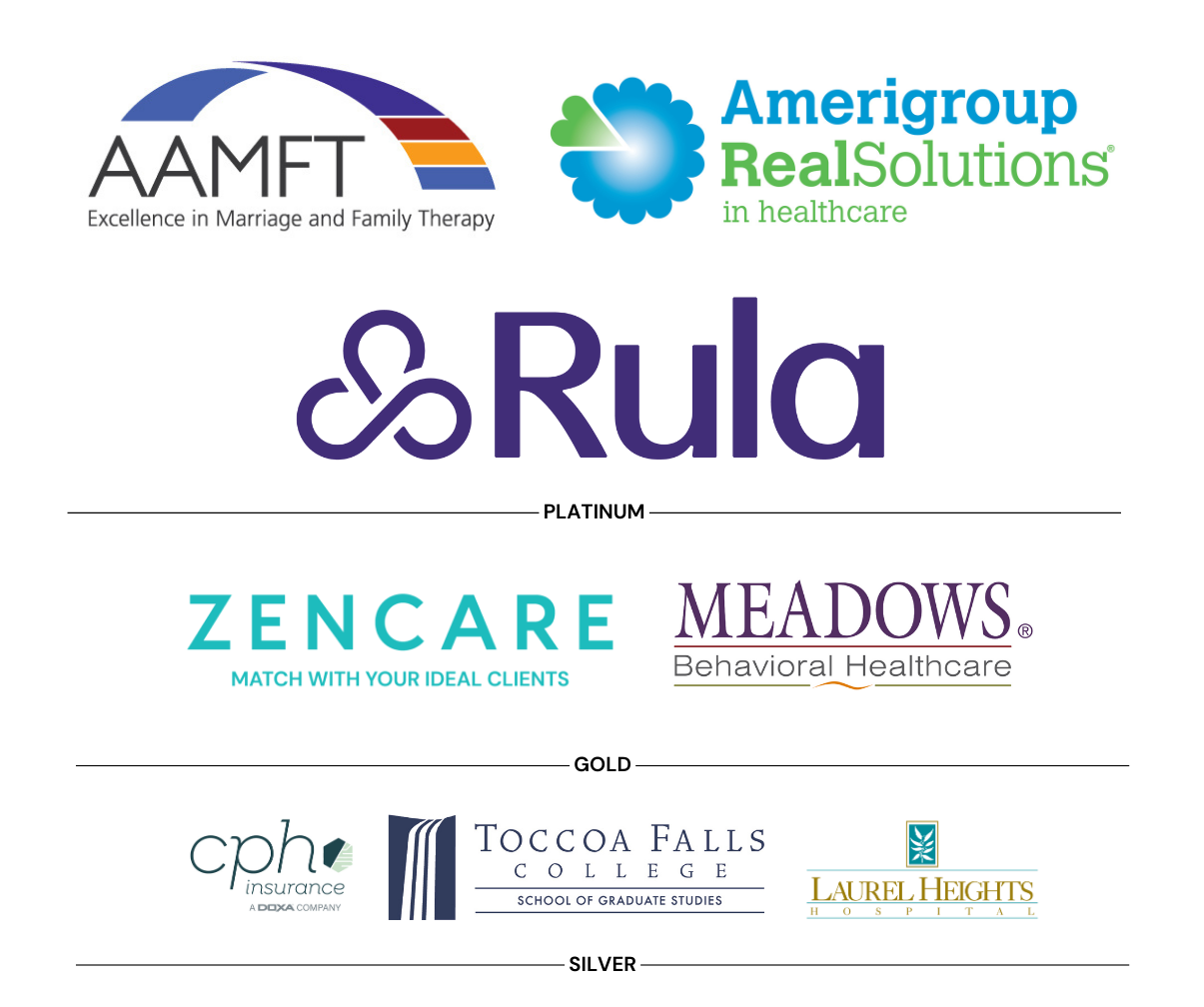PRE-CONFERENCE WORKSHOPS (2 CES)
Choose Workshop A or B onsite; no registration required.
Workshop A: OCD and the Family System
Presenter: Ashley Lanier-Pszczola, LMFT
Obsessive-Compulsive Disorder (OCD) doesn’t just impact the individual—it impacts the entire family system. Family members (parents, partners, caregivers, etc.) may have a limited understanding of OCD, and often find themselves inadvertently caught in cycles of accommodation, frustration, and distress, which can perpetuate symptoms and strain relationships. Because of this, family/couple's therapists (and other systemic/relational thinking therapists) are uniquely skilled to assist in these cases, yet many may feel they lack the training to effectively work with OCD. This workshop will equip family therapists with an up-to-date understanding of Obsessive Compulsive Disorder (including lesser known subtypes beyond contamination and symmetry), explore the impact of OCD on family dynamics, and offer evidence-based interventions and strategies to assist families in breaking unhelpful cycles. Participants will leave with a deeper understanding of OCD’s systemic impact, actionable strategies to apply to their practice, and resources to strengthen the family’s role as a source of support and resilience.
Workshop B: The Therapist's Dilemma: Balancing Accessibility, Effectiveness, and Professional Integrity
Presenters: Dr. Kinsey E. Pocchio, Ph.D., LMFT, QS and S. Anni Skurja, LMFT-S
Have you ever wondered: What are best practices for providing sustainable, quality services? What are the costs and benefits of establishing a caseload of both private pay and insurance-based clients?
This program will explore the complex challenges therapists face in navigating service accessibility, treatment effectiveness, and ethical standards from the perspective of different payment models (private pay vs. insurance). Presenters will discuss ethical considerations, managing burnout, and maintaining quality care while ensuring financial sustainability. Additionally, fostering diversity and inclusion plays a significant role in shaping our work and the care we provide. In consideration of these topics, we will examine the impact of socioeconomic status (SES), racial factors, and further barriers to mental health services. This presentation is intended to provide strategies to balance your professional values while making a profit in a complex macrosystem.
POST-CONFERENCE WORKSHOP (2 CES)
Helping Families Develop Resilience When Caring for Elders
Presenter: Nancy L. Kriseman, LCSW
In the 35+ years I worked with caregivers caring for elder family members, I noticed that caregivers who were best able to cope with their often-challenging situations were incredibly resilient. Resilience is the capacity to withstand or recover from adversity- demanding situations that seem insurmountable. Caregiver resilience is when caregivers demonstrate the ability to cope with and handle demanding caregiving situations which can last for many years. Caregiver resilience takes some tough love, knowing there will be times when the care recipient may not agree with some of the decisions being made and may become quite resistant to the type of care needed. As therapists working with these families, it is essential that we help caregivers develop resilience so they can best handle the many ups and downs of caregiving. This workshop will provide examples of different types of family situations and highlight the coping skills needed to help caregivers become more resilient. Cultural and gender diverse case examples will be presented. Participants will also have the opportunity to share cases they have struggled with, so we all can all provide ideas of how to best work with these families.
PRE &

